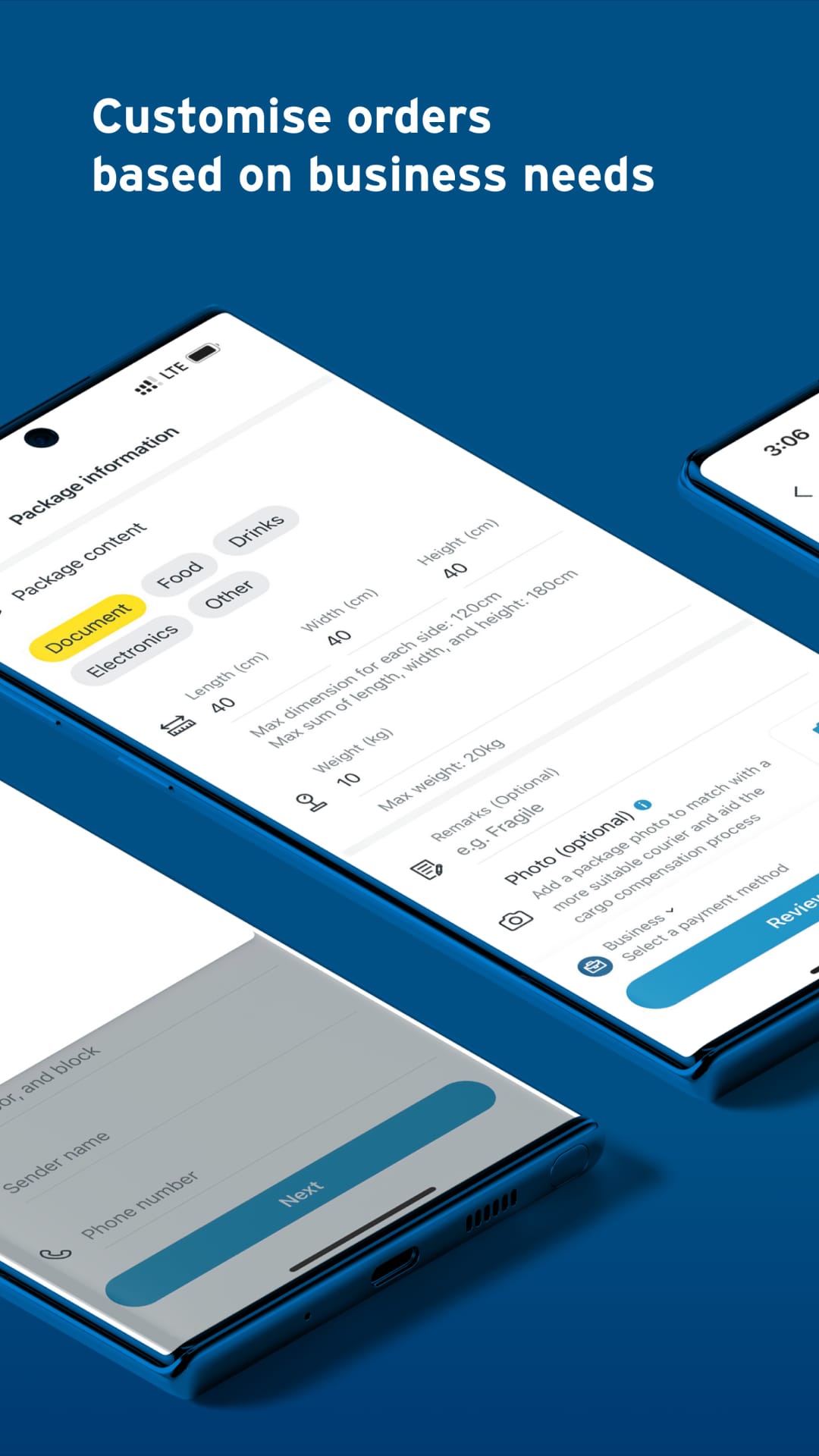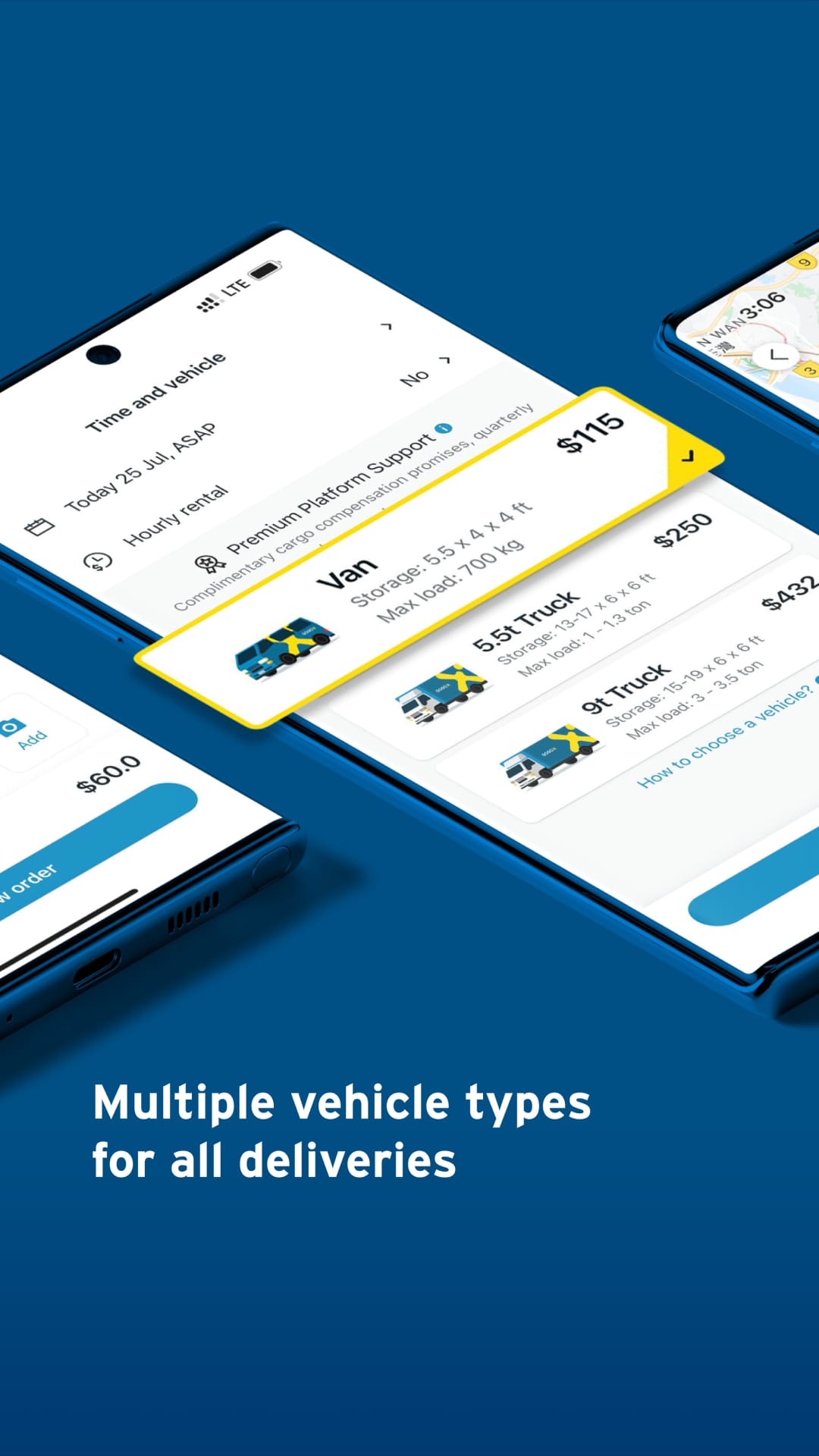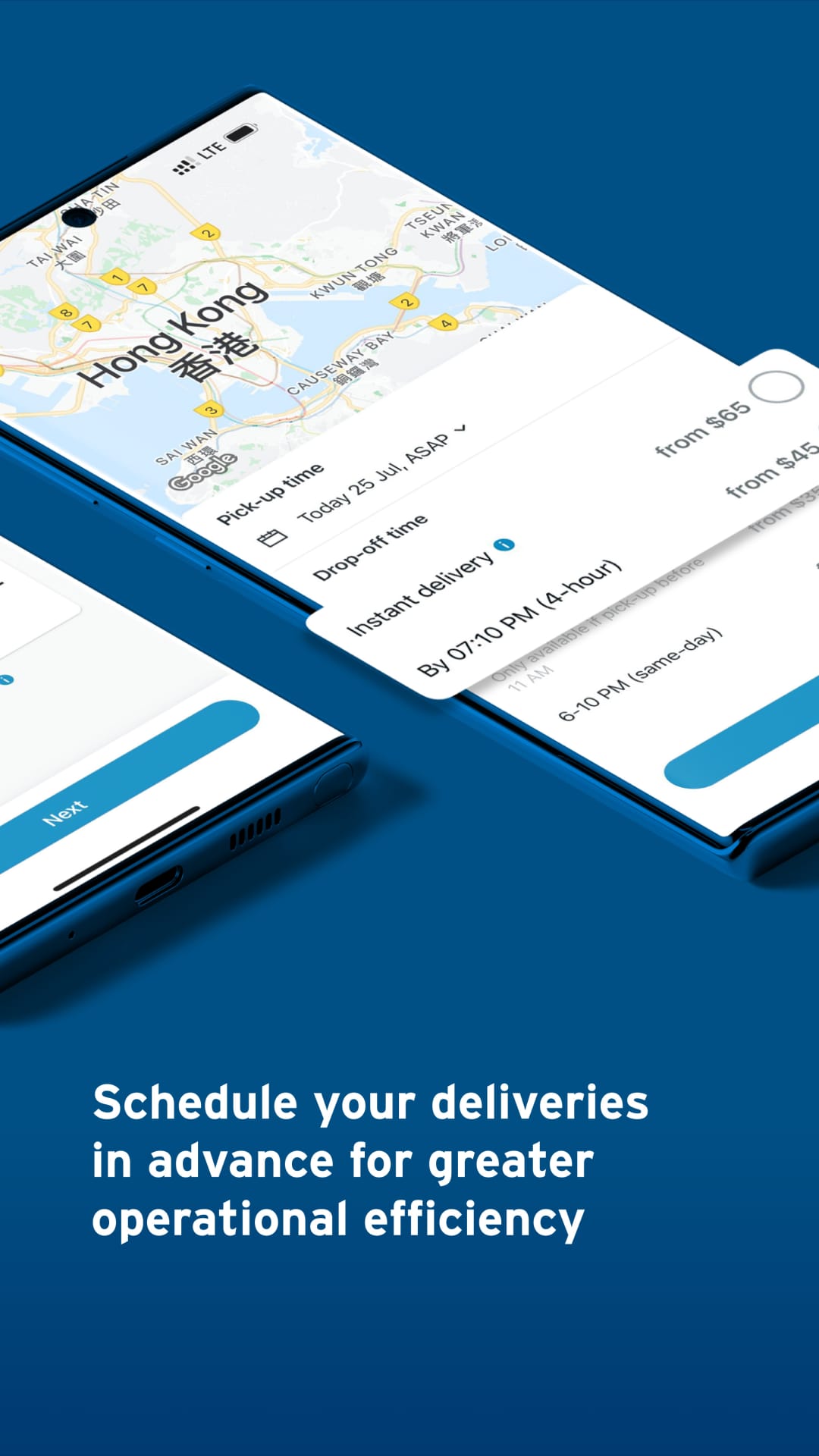Environmental Impact
The environmental impact of on-demand delivery services like this one stems primarily from vehicle emissions. Reducing this impact requires strategies focused on optimizing routes, promoting the use of electric vehicles (EVs), and encouraging cargo bike options where feasible.
- Eco-Friendly Aspects: Potential for optimized routing to reduce fuel consumption.
- Resource Management: Efficient matching of delivery needs with available vehicles.
Resource Efficiency
This app can improve resource efficiency by consolidating deliveries and minimizing empty trips. Optimizing delivery routes helps reduce fuel consumption, decreasing the carbon footprint associated with transportation.
- Reduced fuel consumption through optimized routes.
- Potential for integration with EV fleets.
- Reliance on fossil fuels if EVs aren't utilized.
- Potential for increased traffic congestion in urban areas.
Sustainable Features
While not inherently a "green" app, sustainable features can be integrated. Options include carbon offsetting programs, promoting eco-friendly delivery options (like cargo bikes), and providing transparency regarding the environmental impact of each delivery.
- Promote EVs for drivers.
- Implement carbon offsetting.
Social Responsibility
The social responsibility of this type of service includes fair wages and working conditions for drivers. It also involves contributing to community development through local partnerships and initiatives. Ensuring driver safety and well-being is paramount.
Focus on fair labor practices for drivers is crucial for social sustainability.
Long-Term Value
The long-term value hinges on adaptability to sustainable practices. Embracing electric vehicles, optimizing delivery routes, and fostering a socially responsible ecosystem will ensure the app's relevance and positive impact in the future.
| Area | Sustainability Score |
|---|---|
| Environmental | Medium |
| Social | Medium |




